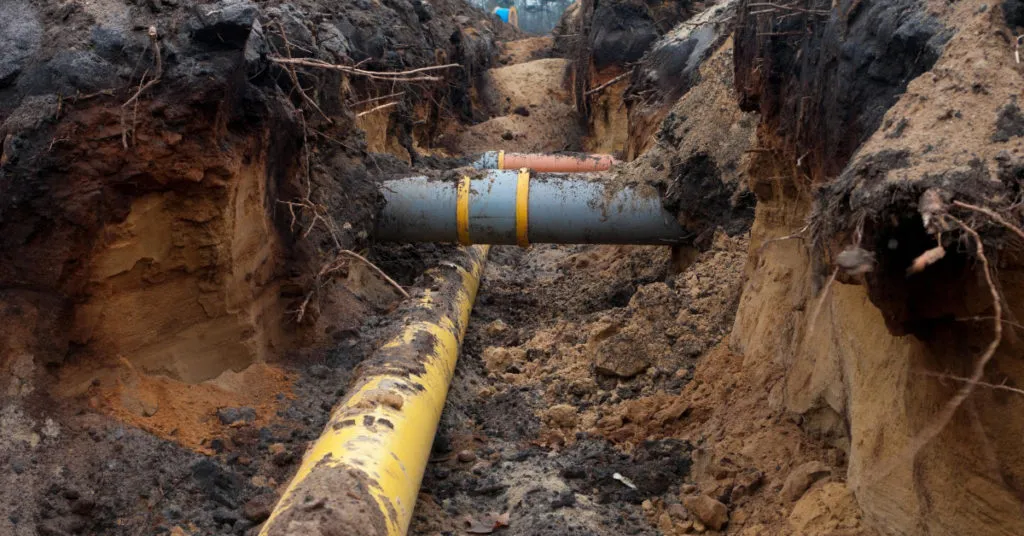Sewer line problems can quickly escalate from minor annoyances to serious home disasters. While these issues often start subtly, ignoring them can lead to costly damage, unpleasant smells, and disruptions to everyday life. In Dallas, where soil conditions and climate factors play a significant role, understanding how to identify and address sewer line trouble is especially important.
Early Signs of Sewer Line Trouble
A failing sewer line in homes with older plumbing in Dallas doesn’t always make itself obvious right away. Often, the signs start small but worsen steadily over time. One of the most common early indicators is a slow-draining sink or tub. If just one fixture is slow, the problem might be localized. However, if multiple drains start to malfunction simultaneously, the issue may lie deeper in the system.
A persistent foul odor around the home may signal a cracked or leaking sewer line. Gurgling sounds from drains can also indicate trapped air from a blockage. Sometimes, unusual yard activity is the only clue. Soggy patches or unusually lush grass can indicate a leaking sewer line below.
What Causes Sewer Line Damage?
Sewer lines can deteriorate for various reasons, many of which are influenced by local conditions. In Dallas, shifting soil is a common culprit. The region’s clay-heavy ground expands and contracts with changes in moisture, putting stress on underground pipes. Over time, this can cause misalignment or breaks.
Another frequent cause is invasive tree roots. Trees in search of water often target older sewer lines, especially those made of clay or cast iron. These roots can break into the line and continue growing inside, creating severe blockages.
Improper usage of the plumbing system is another factor. Flushing items like wipes, feminine hygiene products, or paper towels—despite packaging claims that they’re “flushable”—can clog the system. Pouring fats, oils, and grease down the kitchen sink creates buildup that narrows the pipes and leads to blockages.
How Dallas Weather Affects Sewer Lines
Climate plays a big role in the condition of underground plumbing. In Dallas, long dry spells cause soil to shrink, potentially pulling pipes apart or causing them to collapse. On the flip side, sudden, heavy rains saturate the ground and increase the pressure on already compromised lines. These fluctuations make regular inspections and prompt repairs even more important.
Advanced Tools for Diagnosing Problems
Fortunately, spotting sewer line issues today is far less invasive than it once was. With modern video inspection technology, technicians can feed a small camera into the sewer line to locate the exact source of a problem. This eliminates the need for guessing or tearing up large portions of a yard.
When repair is needed, trenchless options are now widely available. Pipe bursting and pipe lining techniques make it possible to fix or replace damaged sections without digging long trenches. This preserves landscaping and reduces labor costs while restoring the system’s function and integrity.
Responding to Sewer Issues in Dallas Homes
Sewer line problems are never convenient, but they can be managed effectively with the right approach. Seeking help from experienced professionals ensures that repairs are handled with precision and care.
Because local experts understand the region’s soil and weather conditions, they can offer the most suitable solutions for each unique situation. Their familiarity with municipal codes, infrastructure layouts, and environmental factors allows for faster, safer, and more efficient service that minimizes disruption to the property.
Staying proactive about sewer maintenance is not just about avoiding a backup—it’s about protecting the home’s value, comfort, and safety. With proper care, smart usage, and help from experts in plumbing in Dallas, even the most stubborn sewer line troubles can be kept in check. Preventive attention now can save thousands in repairs down the line.



